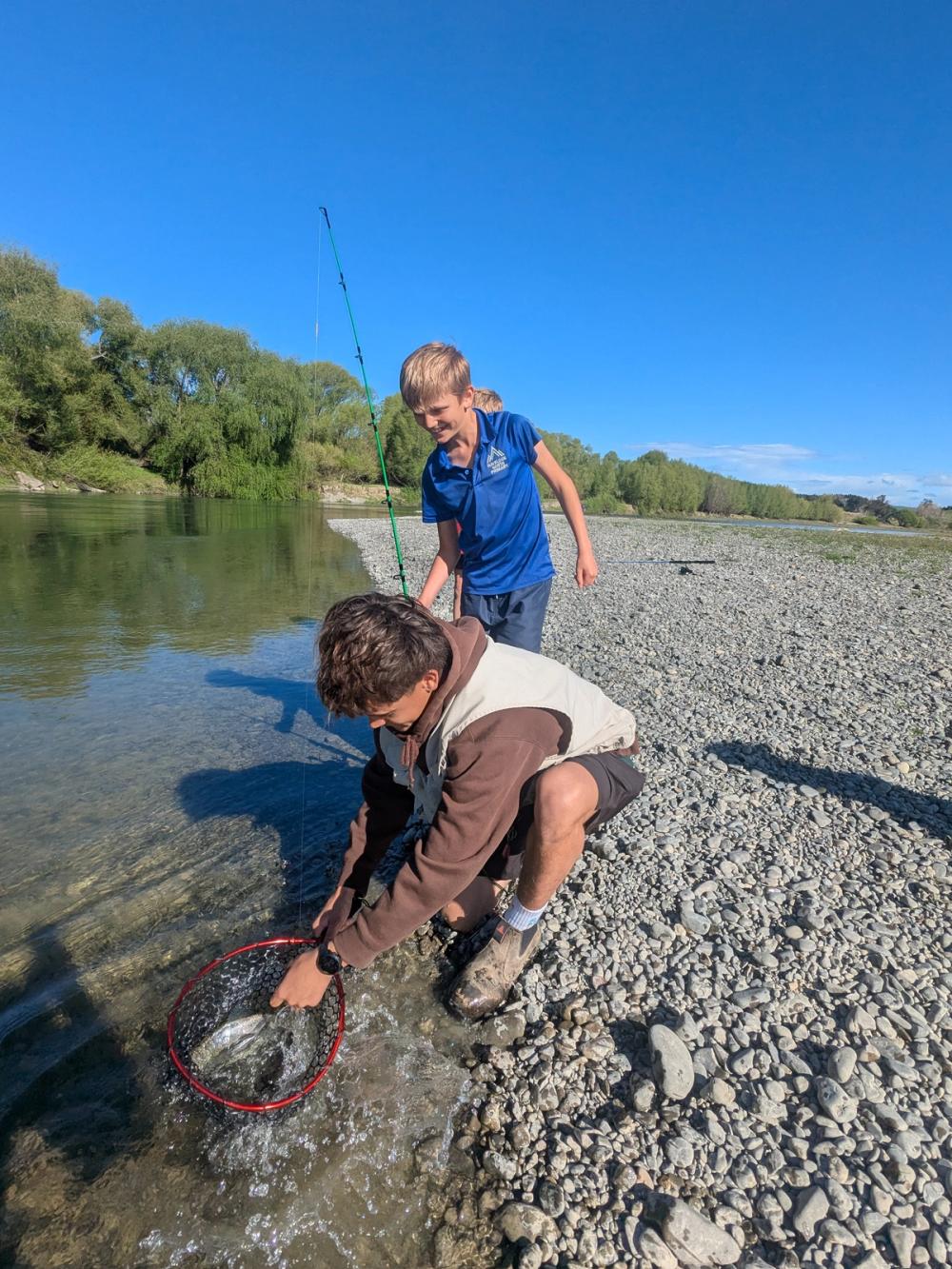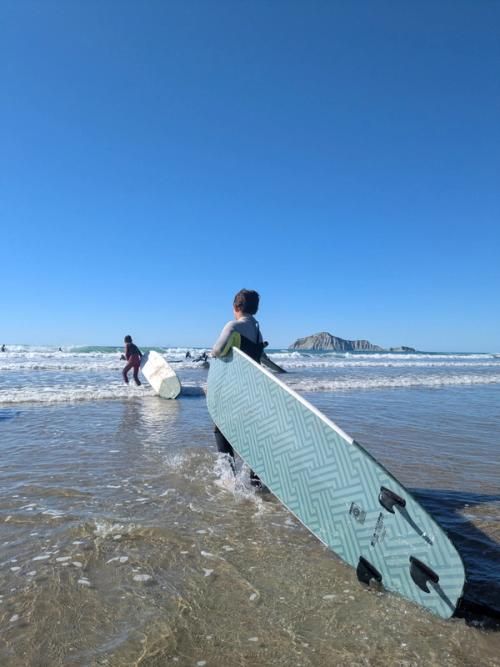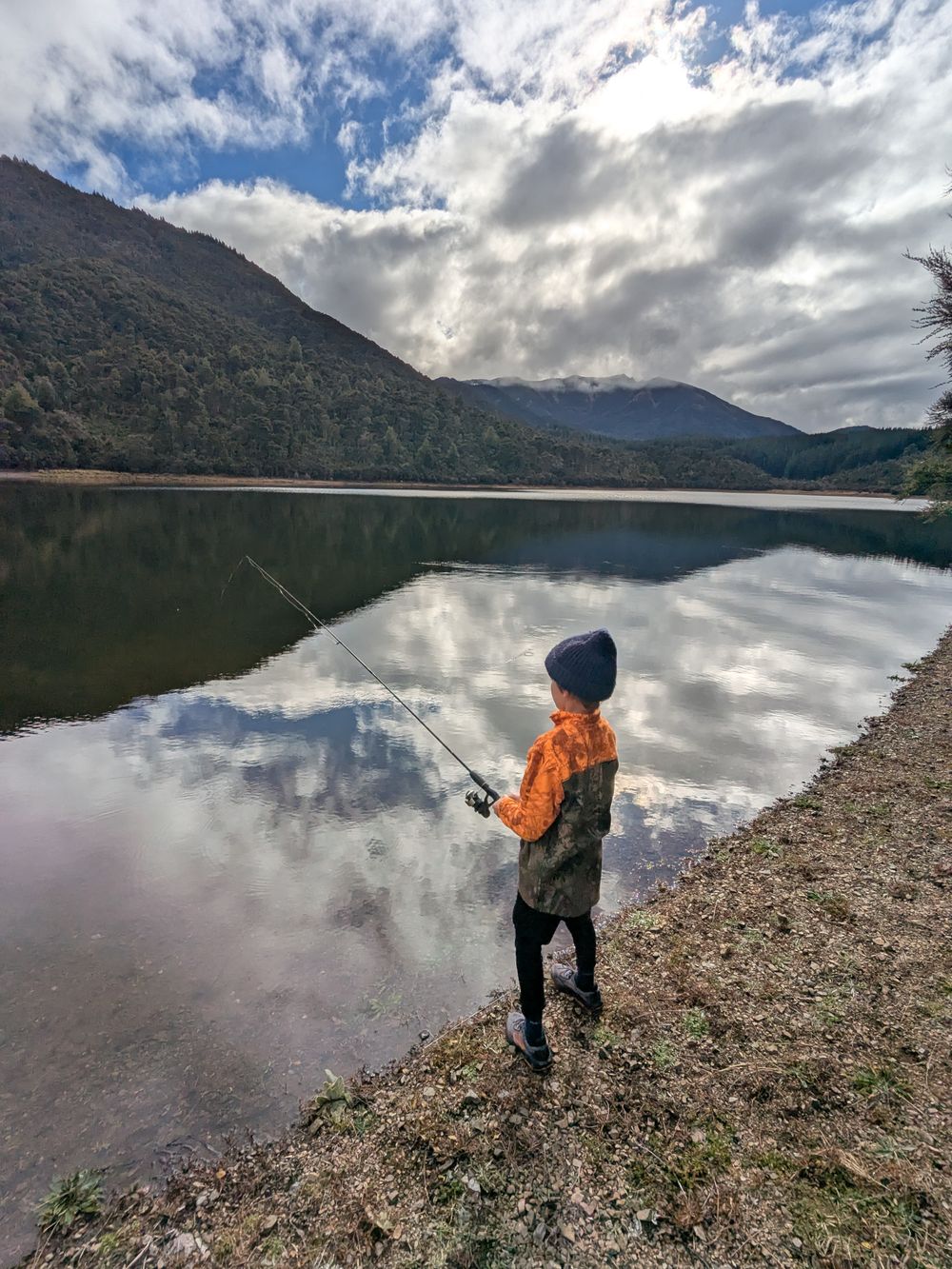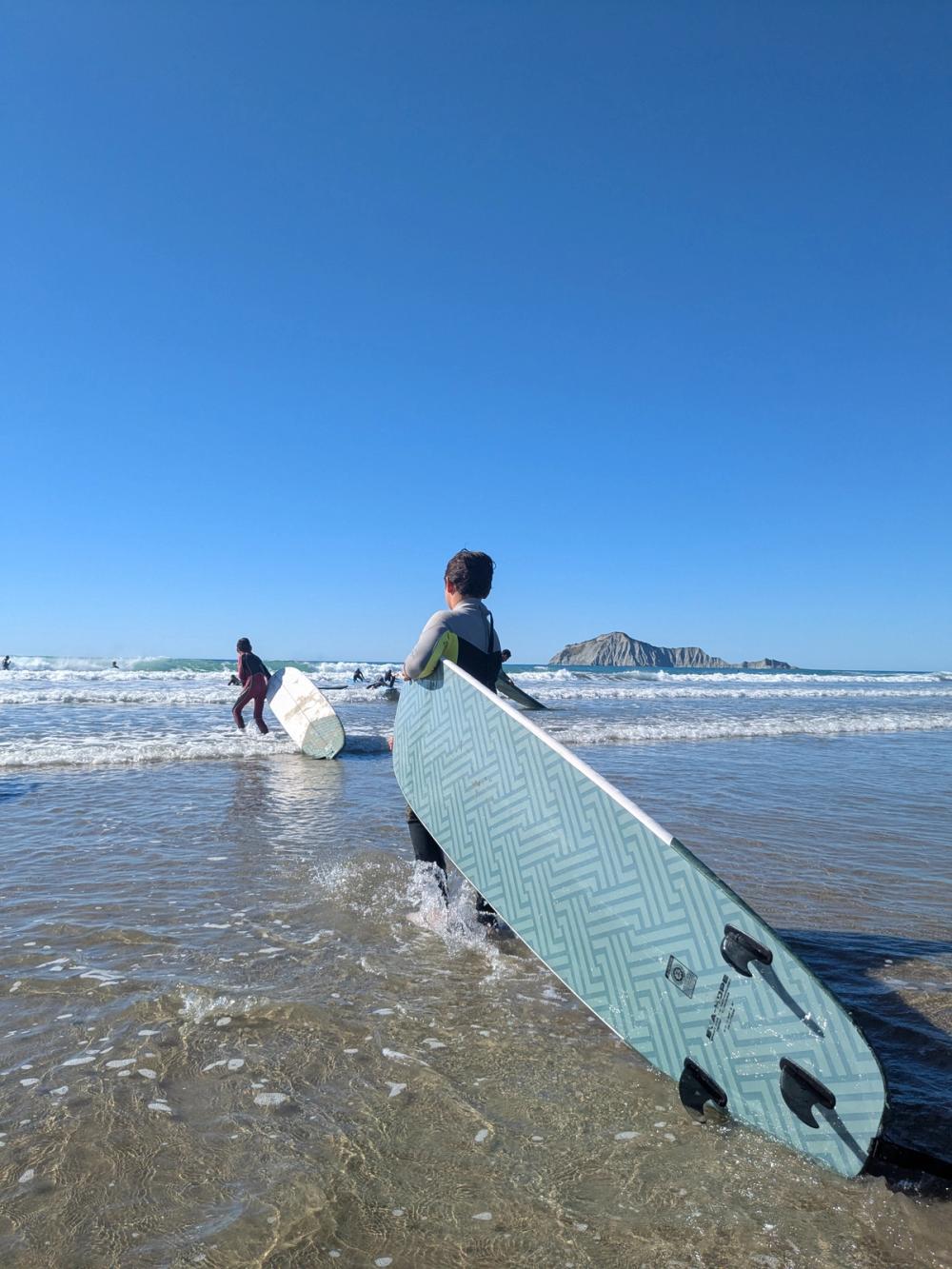After School Outdoor Education Programmes
Term 1 Fishing Programme 2026
This term, KOA invites tamariki to dive back into the awa for another season of freshwater fishing and eeling adventures! Over 9 weeks, participants will develop their skills, knowledge, and confidence while exploring some of Hawke’s Bay’s most beautiful rivers.
Through hands-on learning, tamariki will gain practical spin & bait fishing skills, deepen their understanding of river ecology and safety, and experience the fun and challenge of fishing in a supportive, small-group setting.
Led by two instructors, this programme focuses on building key practical skills, confidence and respect for the rivers.
Programme Details:
When: 9 weeks across Term 1
Age Group: School Years 5 – 8
Options: Choose either a Tuesday or Thursday afternoon programme
Time: 2:45 pm – 5:45 pm
Pick-up: Included from Havelock North schools
Drop-off: Parents collect tamariki from the Havelock North Village Green (33 Te Mata Road, by the playground) at 5:45 pm
What’s Included:
- Spin fishing – using both spinners and bait for Rainbow & Brown trout
- Fishing skills – rig setup, knots, casting, and respectful fish handling
- Eeling – hookless catch & release techniques
- River safety – reading the river and safe crossings
- River ecology – understanding freshwater ecosystems and their care
- Special trip – visit to Hawke’s Bay Fish & Game HQ
Locations:
We’ll be fishing & Eeling across a range of local rivers and waterways, including:
- Tukituki River
- Tūtaekurī River
- Ngaruroro River
- Maraetōtara River
- Karamu Stream
Cost:
$345 per participant for the full term. Includes full gear hire.
Fish & Game Licence required:
- Tamariki 12 years and under – Free
- Tamariki over 12 years – $30 for the season
Spots are limited (10 per afternoon) – secure your place now for this unique Term 1 experience exploring Hawke’s Bay’s awa!

Term 1 Surfing & Water Safety Programme 2026 - Waitlist Open
This term, KOA – in partnership with Waves 4 Wellness – is offering an incredible opportunity for 11 lucky tamariki to take part in an 8-week surfing and water safety programme at Waimārama Beach. Guided by three experienced surf lifeguards and surfers, participants will be supported to grow their confidence in the moana, learn essential water safety knowledge, and progress their surfing skills from the very basics through to more advanced techniques.
Programme Details:
- When: 8 weeks, starting Week 2 – Wednesday 11 January
- Age Group: School Years 5 - 8
- Time: 2:45 pm – 6:00 pm
- Pick-up: Included from Havelock North schools
- Drop-off: Parents collect tamariki at the Havelock North Village Green (33 Te Mata Road, by the playground) at 6:00 pm
- Where: Waimārama Beach
What’s Included:
- Surf coaching with qualified surf lifeguards & experienced surfers
- Progressive surfing skills – from beginner to advanced
- Water safety knowledge – how to read the water, identify rips, and stay safe in the surf
- Over an hour in the water every session
- Transport to and from Waimārama Beach
- Board & wetsuit hire
Cost:
$480 per participant for the full 8-week programme (8 x 3-hour sessions).
With only 11 spaces available, this is a unique chance to build surfing skills, water confidence, and safety knowledge – all while having heaps of fun in the waves.

Previous Programmes: Term 4 Fishing & Eeling Programme
This term, KOA invites tamariki to spend their afternoons learning the art of freshwater fishing and eeling along some of Hawke’s Bay’s most iconic rivers. Over 10 weeks, participants will gain hands-on fishing skills, learn about river safety and ecology, and experience the excitement of fishing in a safe, supportive environment.
Led by two experienced instructors – both qualified surf lifeguards and seasoned fishermen – this programme is designed to build confidence, skill, and respect for the awa.
Programme Details:
- When: 10 weeks across Term 4
- Age Group: School Years 5 - 8
- Options: Choose either a Tuesday or Thursday afternoon programme
- Time: 2:45 pm – 5:45 pm
- Pick-up: Included from Havelock North schools
- Drop-off: Parents collect tamariki from the Havelock North Village Green (33 Te Mata Road, by the playground) at 5:45 pm
What’s Included:
- Spin fishing – using both spinners and bait for trout
- Fishing skills – rig set-up, knots, casting, respectful fish handling
- Eeling – hookless catch & release techniques
- River safety – including reading the river & safe crossings
- River ecology – understanding the health of our waterways and the life within them
- Special trip (TBC) – a visit to Hawke’s Bay Fish & Game HQ
Locations:
We’ll be fishing across a range of local rivers and waterways, including:
- Tukituki River
- Tūtaekurī River
- Ngaruroro River
- Maraetōtara River
Cost:
$345 per participant for the full term. Includes full gear hire.
Fish & Game Licence required:
- Tamariki 12 years and under – Free
- Tamariki over 12 years – $30 for the season
Spots are limited (10 per afternoon) – secure a place now for this unique Term 4 programme!

Previous Programmes: Term 4 Surfing & Water Safety Programme
Surf. Safety. Confidence in the Moana.
This term, KOA – in partnership with Waves 4 Wellness – is offering an incredible opportunity for 11 lucky tamariki to take part in an 8-week surfing and water safety programme at Waimārama Beach. Guided by three experienced surf lifeguards and surfers, participants will be supported to grow their confidence in the moana, learn essential water safety knowledge, and progress their surfing skills from the very basics through to more advanced techniques.
Programme Details:
- When: 8 weeks, starting Week 2 – Wednesday 15 October
- Age Group: School Years 5 - 8
- Time: 2:45 pm – 6:00 pm
- Pick-up: Included from Havelock North schools
- Drop-off: Parents collect tamariki at the Havelock North Village Green (33 Te Mata Road, by the playground) at 6:00 pm
- Where: Waimārama Beach
What’s Included:
- Surf coaching with qualified surf lifeguards & experienced surfers
- Progressive surfing skills – from beginner to advanced
- Water safety knowledge – how to read the water, identify rips, and stay safe in the surf
- Over an hour in the water every session
- Transport to and from Waimārama Beach
- Board & wetsuit hire
Cost:
$480 per participant for the full 8-week programme (8 x 3-hour sessions).
With only 11 spaces available, this is a unique chance to build surfing skills, water confidence, and safety knowledge – all while having heaps of fun in the waves.
